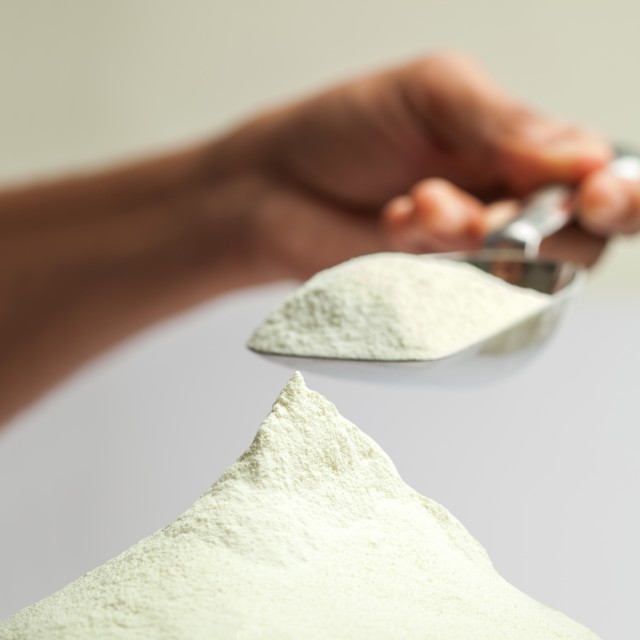Contrary to recent reports, consuming calcium supplements is not likely to cause heart problems or heart attacks, according to a study from Purdue University.
“Our study found that consuming a high-calcium diet, which is defined as not exceeding 2,000 milligrams of calcium a day, is not a risk factor for heart attacks,” said Connie Weaver, distinguished professor and head of the Department of Nutrition Science.
“The recent concern that calcium supplements were a risk factor led people to stop supplementing their diets.”
“This is a great concern because supplementation is essential to fill a void to meet the daily recommended amount of calcium for strong bones.”
“We’re already at epidemic levels for osteoporosis as one in two women older than 50 will get a fracture in her lifetime, and 20% of hip fractures occur in men,” said Weaver, who is an expert in mineral bioavailability, calcium metabolism, botanicals and bone health.
The research is published online in the Journal of the American Heart Association.
The project was funded by Pharmavite LLC, the Dairy Research Institute, Dairy Australia, Fonterra Cooperative Group Limited, Kraft Foods Inc., Nestle and grants from the National Institutes of Health.
“It had been reported that there is a 30% higher chance of heart attack from consuming calcium supplements,” Weaver said.
“In 2011, 22% of the population consumed calcium supplements, and that decreased in 2012 to 17%. The research supporting such a risk has been based on self-reports or from correlations or secondary analysis rather than primary causes.”
“And this would be too hard to study in humans in such a way to control their diet and identify concerns prior to having a heart attack,” she said.
In Weaver’s study, three groups of pigs were fed a normal diet, a high-calcium diet from supplements or a high-calcium diet from dairy products over a six-month period.
The high-calcium diets were equivalent to 2,000 mg of calcium consumed one time each day.
Neither high-calcium group had an increase of calcium in the arteries.
“The speculation was that calcium deposited in the soft tissue of the arteries and that a big dose of calcium from a supplement would cause it to precipitate in the blood,” Weaver said.
The researchers determined this by using the calcium 41 technology, an isotope measure to trace calcium deposits through accelerator mass spectrometry in the Purdue Rare Isotope Measurement Laboratory (PRIME Lab).
It can measure atomic quantities and determine whether any of the calcium 41 is deposited in the arteries’ soft tissue.
The researchers also used computed tomography imaging and ultrasounds, as well as other biological measures.
“There is no cause for concern, and for every serving of low-fat dairy you miss, take 300 milligrams of calcium to get what you need for bone health,” she says.
Story by Amy Patterson Neubert of Purdue University.










